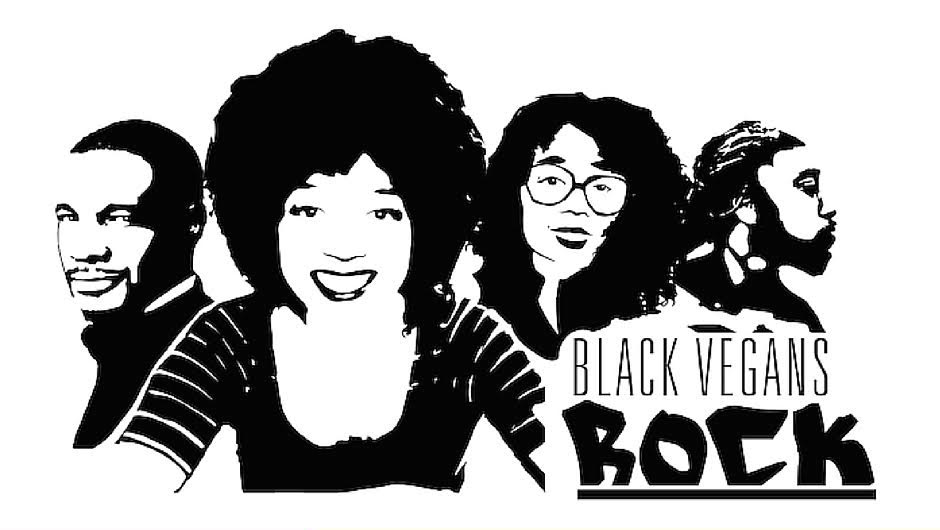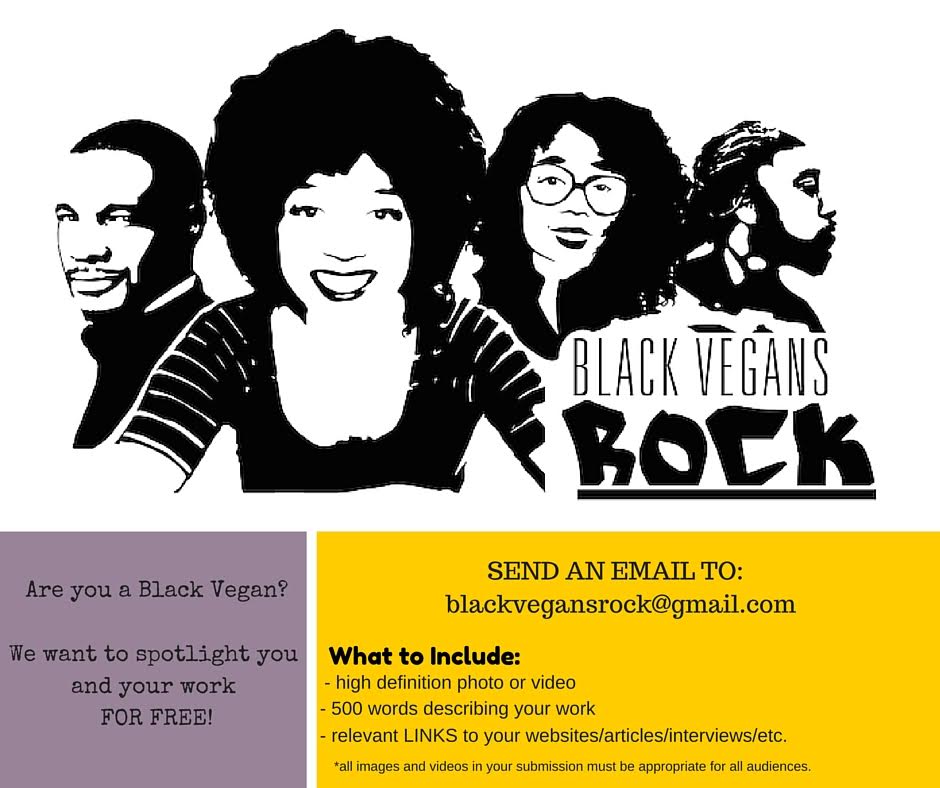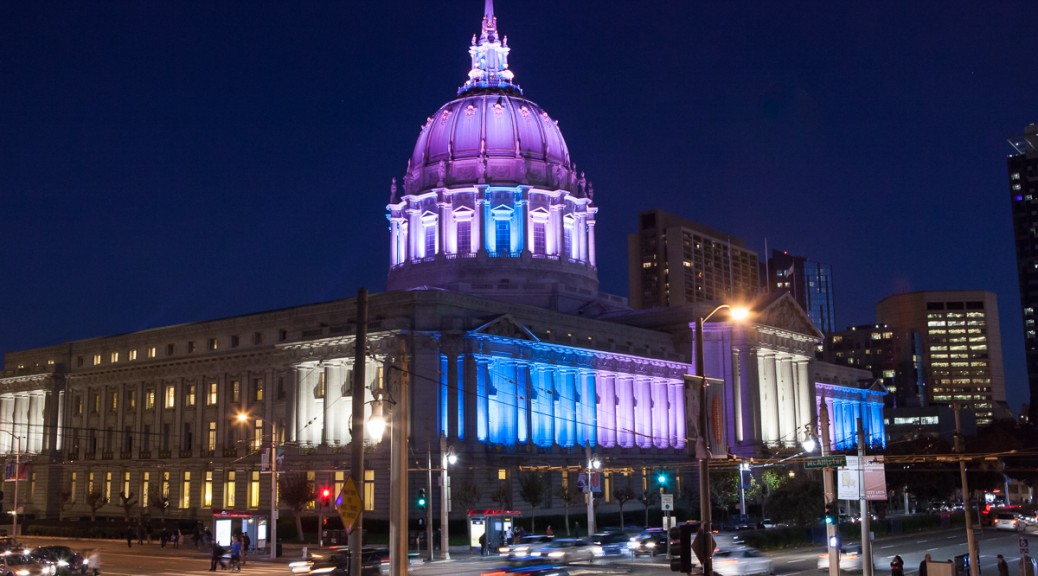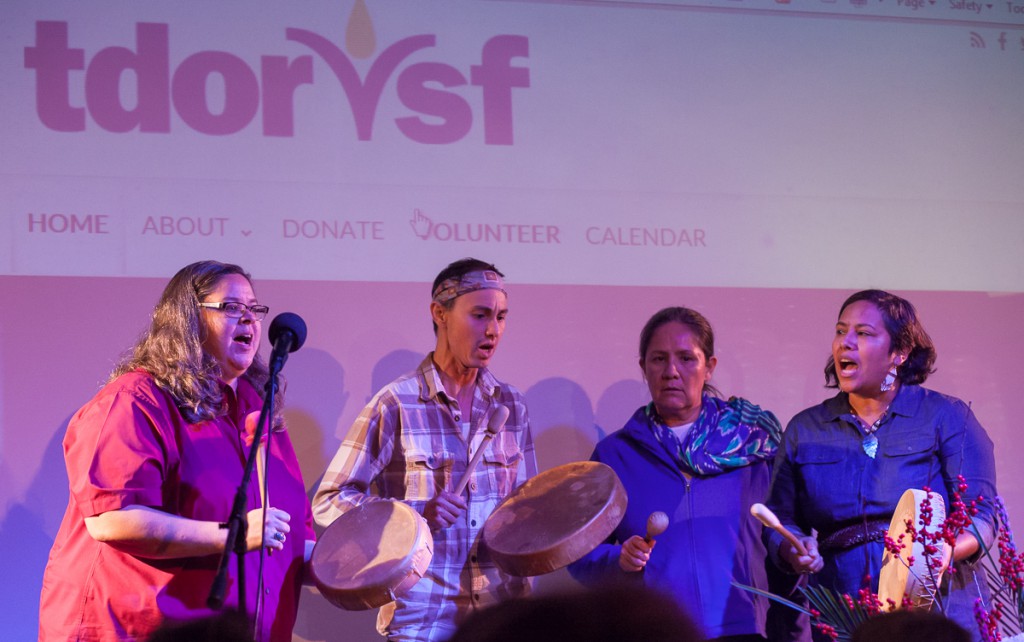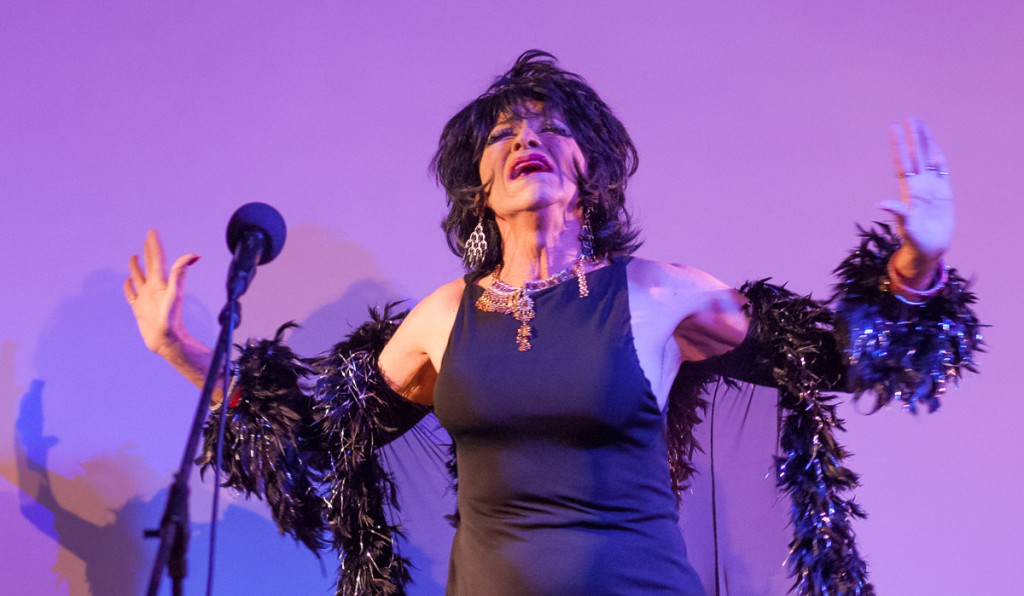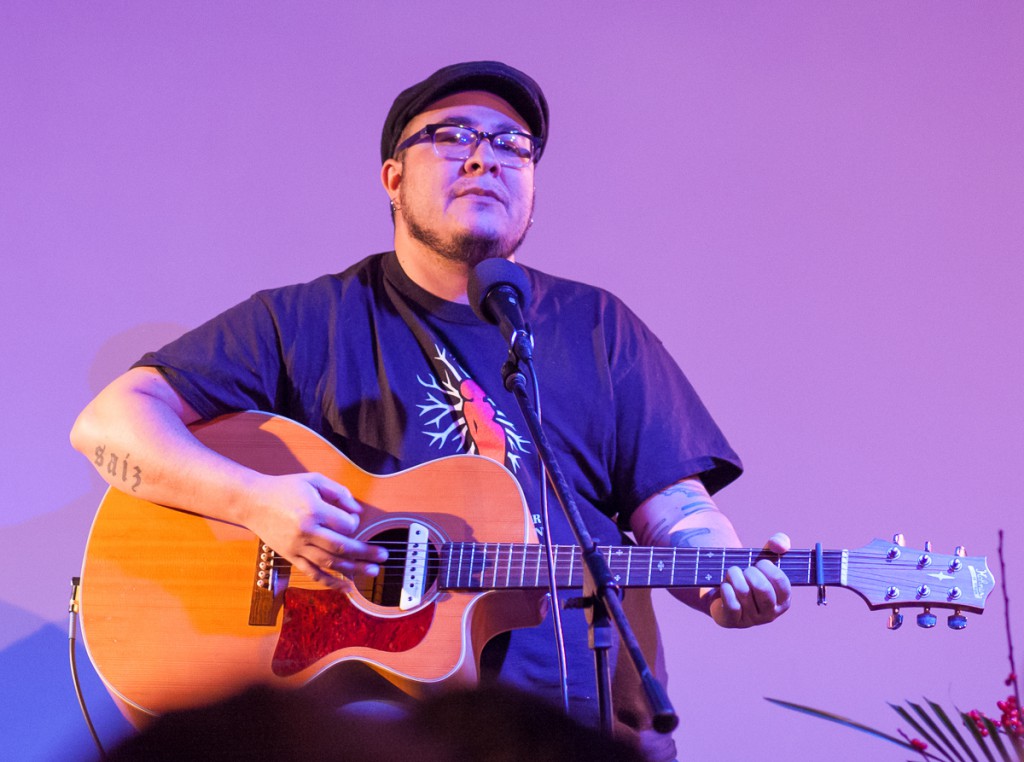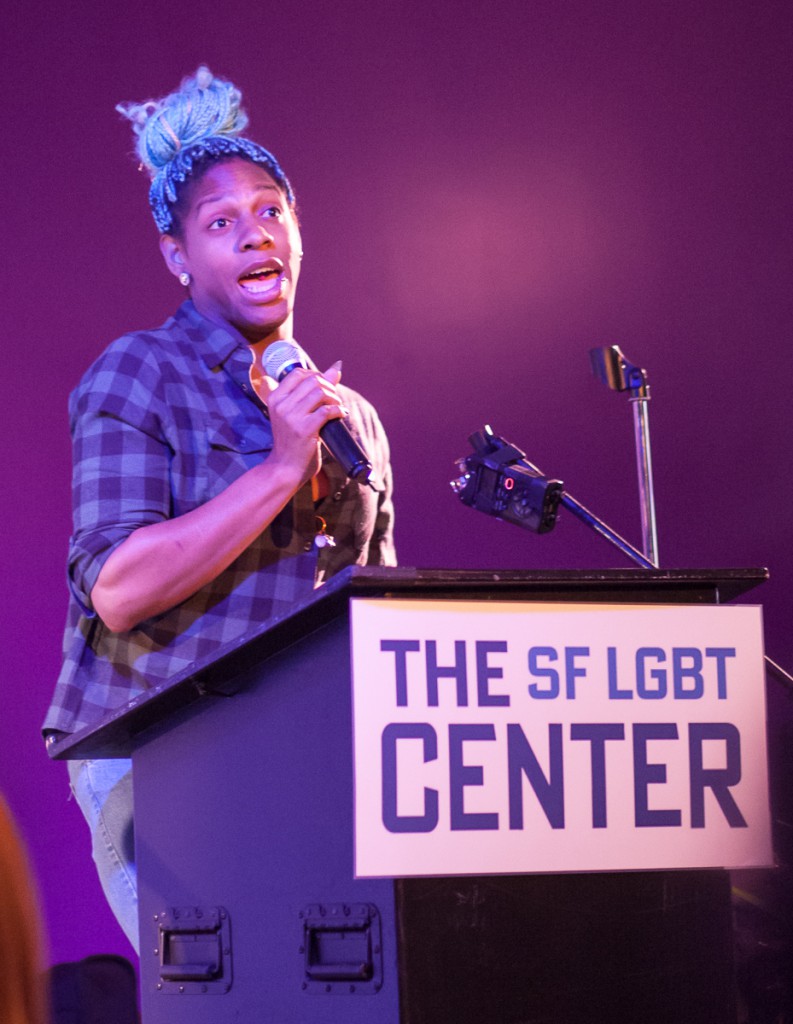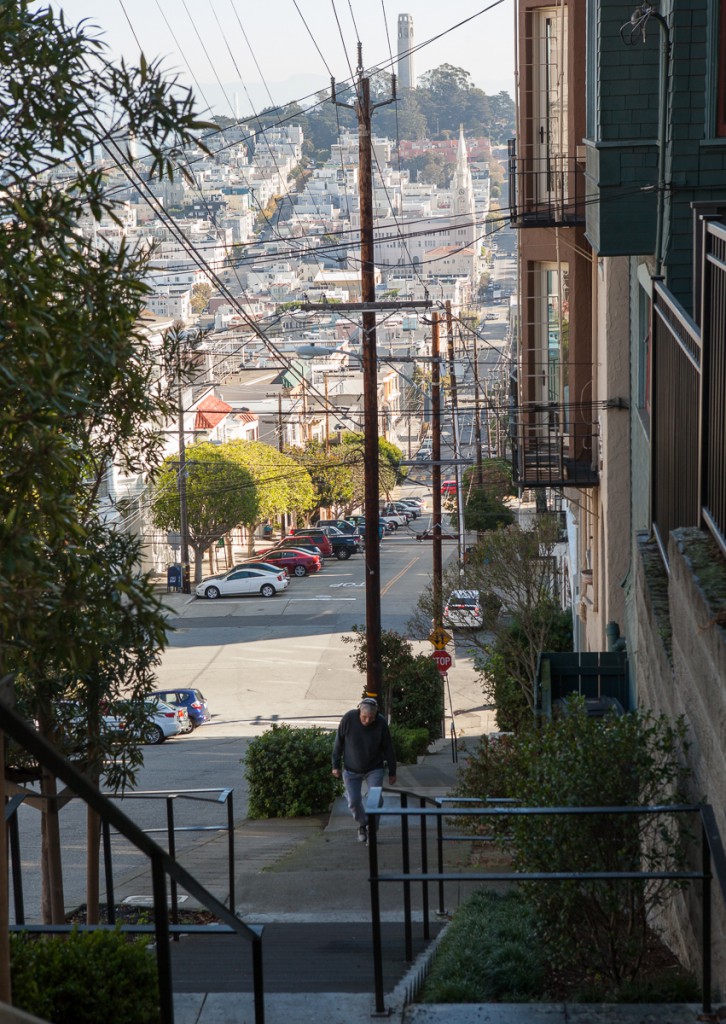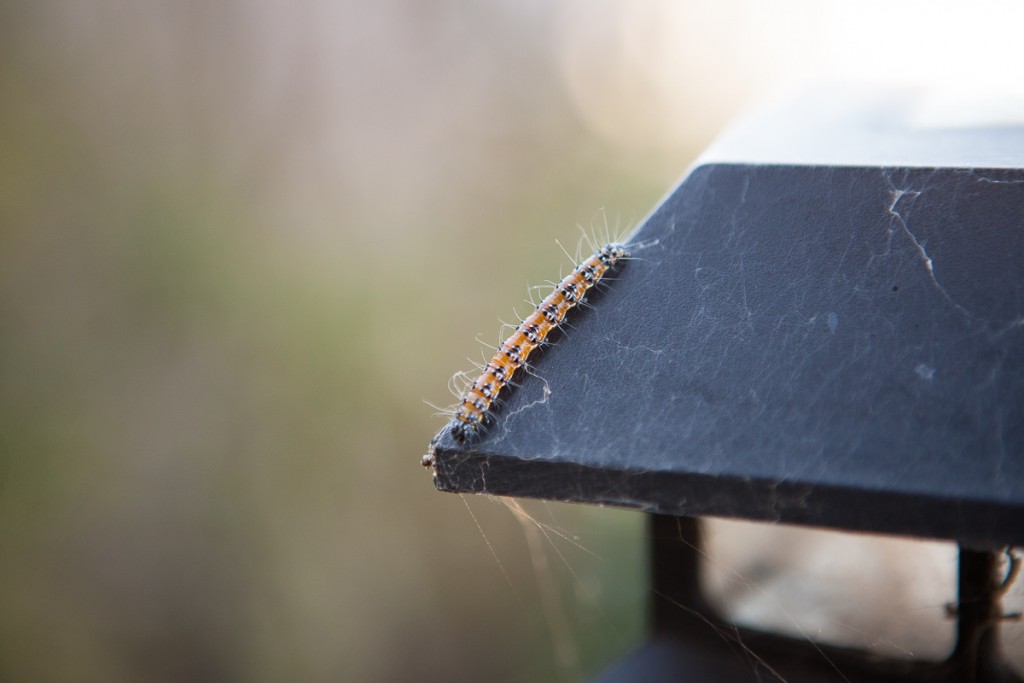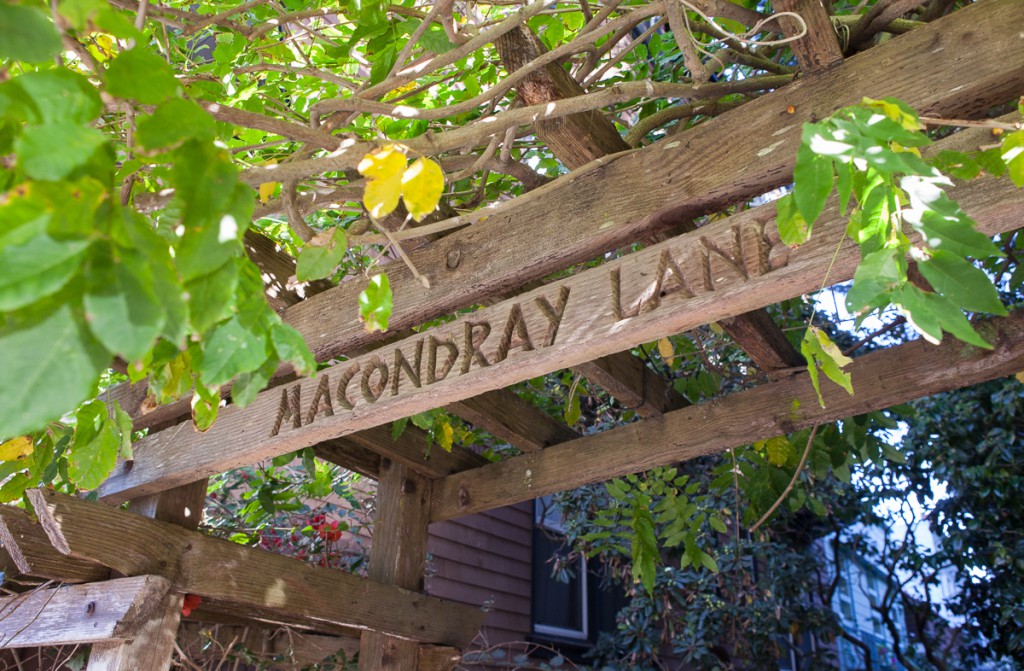Content warning: Cissexist, trans-antagonistic, and ableist language ahead.
- PLEASE NOTE: THIS IS A FICTION ARTICLE
- NONE OF THIS IS TRUE!!
- Genderqueer=Tomboy
- also termed “autism”
- a fake Tumblr made category for gender identities that are not real and stupid beyond belief
- “genderqueer” can be seen as a synonym for the term “freak of nature”
- Other people refer to this behaviour as “fuckery”, and this behaviour is symptomatic of dementia and mental disorders
- mental illness
- these definitions were [c]reated by pissy teenage girls who want attention and are by no means legitimate
These are some of the edits that have been made to the Genderqueer page on Wikipedia just over the last three months. All of them were reverted, but I read each one of these attempts at bullying, belittling, and erasing non-binary people.* After enduring this continued vandalism for many months, I finally reported the page to the the administrator noticeboard, and got it placed under protection (at least for now).
As a Wikipedia editor on the LGBT Studies task force, I monitor a number of gender-related pages, and am thus exposed to this kind of language on a daily basis. Occasionally I need to take a break from it, but I do feel a responsibility, especially since I’m rarely leaving home nowadays, to do something to help the queer community.
The most disturbing thing about this kind of vandalism is that it isn’t simply use of crude and obvious slurs (though one vandal about four months ago replaced the entire page’s content with “Trannies suck lol”). A fair amount of this pushback coming from within the community. As trans blogger and activist Sam Dylan Finch wrote recently, transmedicalists or “truscum” harass non-binary people quite a bit, as they don’t consider us to be legitimately trans.
The other troubling issue is the amount that non-binary identities are conflated with autism, mental illness, or other neurodivergence. Some non-binary people do have these conditions, of course, just as some binary trans and cis people do. But there’s no indication that being non-binary is itself an indication of autism or any other mental state, nor that being autistic or otherwise neurodivergent is a negative or shameful thing. As I posted previously, many non-binary people may feel safer speaking out online than in public, and this is likely true of autistic people as well. This can lead to the false impression that all or most non-binary people are autistic.
What it comes down to is that my identity is not up for debate. The only person who can define my gender is me. People can have their opinions on it, but that’s all they are: Opinions. And “free speech” does not guarantee the right to state one’s opinion anywhere one chooses. Wikipedia has rules for a reason.
For oppressed people, wanting to avoid triggering language isn’t a matter of wanting to be in an echo chamber; it’s a matter of survival. Words trigger action; words have impact. Choose your words carefully.
* I prefer non-binary as an umbrella term rather than genderqueer. This is an ongoing discussion I’m having with other Wikipedia editors on the Genderqueer talk page.
